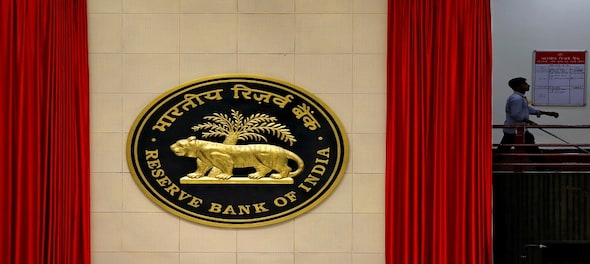
Following concerns raised by a union representing the state-run State Bank of India and others, the Reserve Bank of India has shelved the plan to allow new entities to create digital payment platforms. The decision has been taken on account of data safety concerns, Livemint reported, quoting anonymous sources.
The report says that the RBI has decided not to proceed with the new payment network plan for now as the issue of "data security involving foreign entities remains a key concern".
What's the new payment network plan?
The RBI had planned to issue licences for New Umbrella Entities (NUE), a national payments infrastructure, to allow private entities to create digital payment platforms. After the RBI invited expressions of interest (EoI) last year, at least six consortiums, including those led by Amazon, Google, Facebook, and the Tata group, applied for the NUE licences, in partnership with companies such as Reliance and ICICI Bank.
The NUE licences were supposed to end the market dominance (or the monopoly) of the National Payments Council of India (NPCI) in the field of digital payments.
In fact, the finance ministry had barred public sector banks — such as State Bank of India and Union Bank — from seeking NUE licences as they are shareholders in NPCI, the country's flagship processor.
NUE is solely aimed at helping for-profit entities manage payments in the retail space. If the RBI decides to award the licences in the future, private entities will be allowed to set up ATMs, offer white-label, point of sale terminals, Aadhaar-based payments, remittance services, and develop newer payment methods.
However, NUEs were never meant to replace NPCI but co-exist with the domestic payments group.
Why has the RBI put the NUE plan on hold?
Since the inception of the NUE plan, unions of public lenders have slammed the RBI proposal saying that the central bank should focus on strengthening the non-profit NPCI instead of awarding licences to private entities allowing them to create digital payment platforms.
These unions also underscored data safety concerns in the event of foreign entities setting up payment networks in India. They said that the involvement of big multinational companies may lead to the abuse of user data.
The recent data breaches at MobiKwik and Bigbasket and the recent ban on Mastercard for non-compliance with data localization norms may have also triggered the RBI's move to put the NUE plan on hold for now.
Meanwhile, the volume of digital payments is rising significantly in India. According to government data, digital payments increased by 88 percent to 43.7 billion in 2020-21 from 23.26 billion in 2018-19.
First Published: Aug 25, 2021 1:36 PM IST
Check out our in-depth Market Coverage, Business News & get real-time Stock Market Updates on CNBC-TV18. Also, Watch our channels CNBC-TV18, CNBC Awaaz and CNBC Bajar Live on-the-go!


Supreme Court says it may consider interim bail for Arvind Kejriwal due to ongoing Lok Sabha polls
May 3, 2024 4:57 PM
10% discount on fare on Mumbai Metro lines 2 and 7A on May 20
May 3, 2024 2:40 PM

